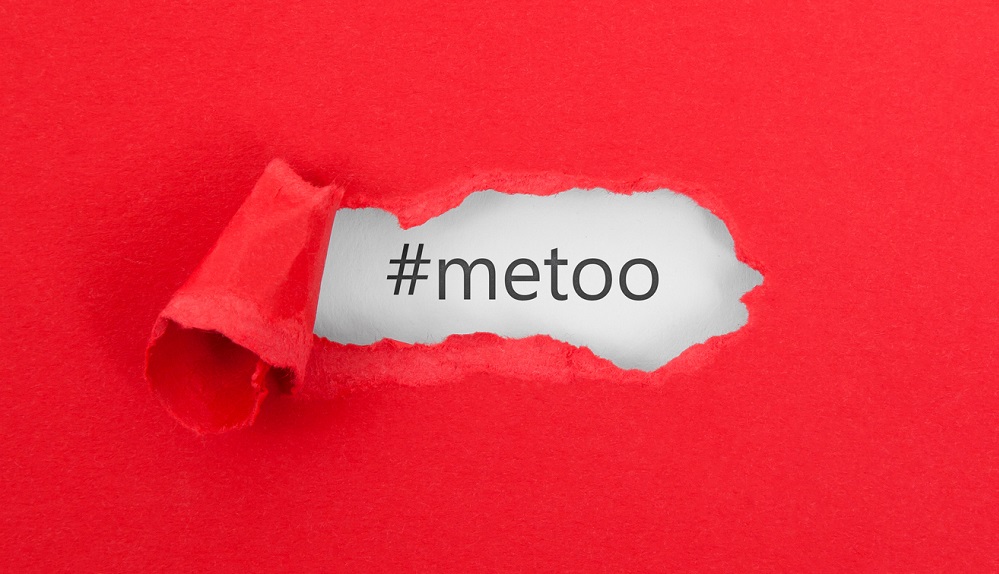Let me introduce you to another side of the world; Liberia is a country in a quest to rebuild itself after 14 years of civil war. This our beloved country is still in an era where sexual harassment is normalized, although it was criminalized by the 2015 Decent Work Bill.
In Liberia, a professional degree is unlikely to be necessary or a requirement for an entry-level job; it is not shocking for a woman’s look to land her a job, and there would be no lawsuit if a hiring manager coerces an applicant to bed.
About three years ago, I moved back from the U.S to Liberia after I had been away for a couple of years doing my tertiary and graduate education. At the time I relocated, and even today, many people occasionally ask why I moved to Liberia. My answer to that is simple: I believe in Liberia, and I have always known that I will ultimately be integral to the process of rebranding and rebuilding of Liberia.
After being away for so long, I was enthusiastic about returning home and contributing to Liberia’s emerging economy. Filled with excitement, I walked into my first job interview at the Civil Service Agency for the position of an Administrative Officer. After exchanging greetings, my interviewer asked: “Who’s taking care of you?” My mental reaction was:
“Do I look sick? Why, do I need care?
I did not respond to his query though. Little did I know that the question “who’s taking care of you?” is the Liberian way of asking about one’s significant other or a god-pa (the equivalent of a sugar daddy in the West).
Few minutes had passed, and the interviewer made no probes into my work experiences. He didn’t even pretend to maintain a professional conversation with me, neither did he inquire about what I studied. More shockingly, my resume was not flipped through, he completely ignored it and my body became the center of attention during the interview. Suddenly, he began to make sexual comments about my physical features. “Your legs are beautiful,” he said. Then unanticipatedly, he proceeded to ask me on a lunch date.
I felt dehumanized and objectified by his actions. Blazing through my thoughts were memories of those long sleepless college nights when I sacrificed and made tireless efforts just to earn an education. I could not help but scrutinize my decision to move back to Liberia:
Did I write those long papers in college only to be asked out for lunch in order to get a job?
I was horrified by this experience because after graduation, I turned down so many great job opportunities just to return to Liberia.
Still sitting there, I was devastated and confused. I did not know how to continue this conversation that was already rife with disrespect. The last thing I wanted to do was give him the perception that his harassment was in any way welcomed by me. My parents raised me to always be respectful to my elders, but right there in that room, I could not even consider him as anything more than a poor excuse for a man.
He, however, continued to request for sexual favors while my credentials sat idly on his desk in a folder with my alma mater’s logo. At that moment, I began to reminisce about my college experiences filled with diverse study abroad experiences and extra-curricular activities including my start-up social enterprise and a master’s degree. All of my accomplishments could have served as a great conversation starter.
According to UNICEF, 62 % of women and girls in Liberia are illiterate. Hence, a woman with a foreign master’s degree should have impressed any hiring manager. Instead, I was obnoxiously objectified, highly unvalued, and grossly disrespected.
I was still thinking and hoping that it was all some sick joke until he slowly reached over his desk and touched my hand in an attempt to buttress his earlier offer for lunch. I pulled my hands away and stood up to leave. At this moment, I had no concern about my chances of getting this job. In as much as I desperately wanted to join the workforce in Liberia, I would never compromise my values and my integrity or blend in with a culture of sexual harassment in the workplace.
That day, I walked out of that office because I know my value as a person and I know that I’m a highly qualified candidate who deserves to be taken seriously and held to professional standards.
Sadly, sexual harassment is so prevalent in Liberia that victims, who are mostly women, do not even bother to report it anymore. My ability to walk out of that office is no win for me because many vulnerable women and men cannot afford to decline sexual demands from their bosses.
This was my experience when I first sought out a civil service job in Liberia. I lost a job opportunity, but more importantly, I stumbled upon a motivation to strive for a better Liberia; a Liberia where a job applicant would be evaluated based on his/her credentials and not their physical features.
A Liberia where women and men do not have to endure sexual advances from their superiors just to keep their jobs. A Liberia where laws are not only created, but enforced.
Authored by Randell Zuleka Duada


It is sickening how women, regardless of our smarts and qualifications, are treated as tools to boost a man’s frail ego.
good for you for getting out of there. hopefully a lot of other women will begin to stand up to harassment.
Reblogged this on My Di Vinci Dairy.
Randell, I am sorry you have been another victim. We must continue to campaign against such practices in our country and encourage people (especially our darling sisters, mothers and friends) to report such act exhibited by any person at a work place.
I’m appalled. We have a battle on our hands.
I’m appalled. We have a battle on our hands.
This is disgraceful and very shameful. As a Liberian man reading this I feel very ashamed. This is a serious issue that needs to be stopped.
What is going on in our country liberia call me +231888584380